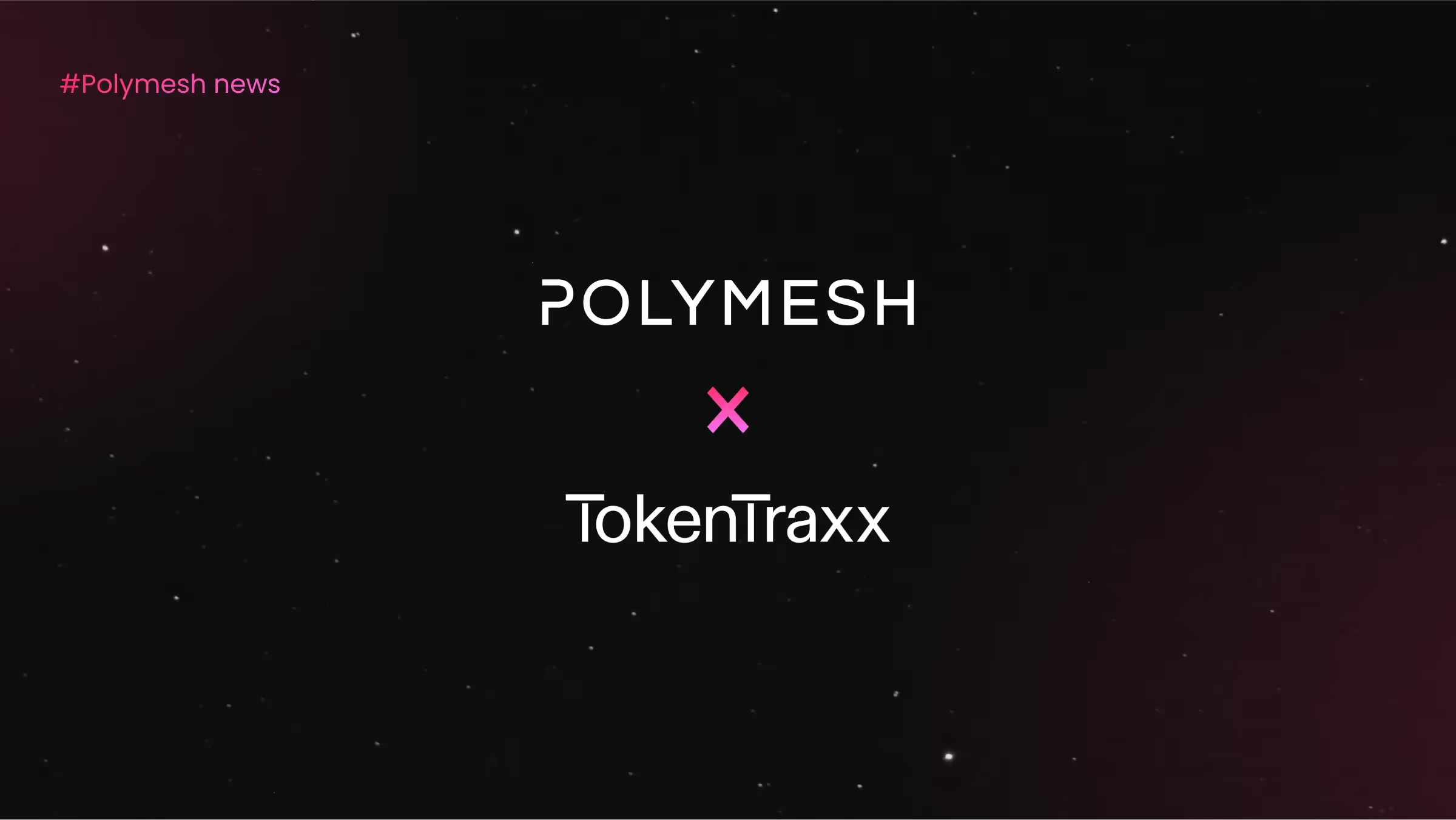Will blockchain revive celebrity music bonds?
In 1997, David Bowie pioneered the first modern celebrity bonds by issuing the “Bowie Bonds,” a $55M security backed by the income of his future music royalties and copyrights. The stock was issued in $1,000-denominated bonds, underwritten by rock and roll investment banker David Pullman’s firm, with an annual interest rate of 7.9% and a maturity of 10 years.
Soon, Pullman issued similar bonds for other songwriters and performers. This process of pooling and packaging the intellectual property rights of musical artists into interest-bearing, tradable securities is an example of securitization, where illiquid assets gain liquidity from being consolidated with other assets into asset-backed securities.
Bowie Bonds were one of the first financial products that used intellectual property such as copyrights as the underlying collateral. At the time, in 1997, music industry players predicted the music royalty market to be as large as US$1 billion. That turned out not to be the case – the market reached no more than US$100 million. Behind the downturn was the rise of online streaming and file sharing.
There was a brief revival of interest in 2005 after the success of Apple’s iTunes and other legal online music retailers, but the Internet ultimately upended the market. Consumers went from not buying CDs, to not even buying MP3s: nowadays, most people get their music for free by pirating, streaming on free platforms, or paying for a streaming membership.
Music-backed assets are making a comeback with blockchain technology, which enables intangible assets like intellectual property to be tokenized onchain for better management and monetization. As with Bowie Bonds, blockchain-based tokens can represent a performer’s cash flow potential, using music royalties and income streams as underlying collateral.
Traditional methods of managing IP have been inefficient, opaque, and fraught with risks. Intellectual property tokenization is a revolutionary approach that leverages blockchain technology to transform how we manage and trade IP assets and offers a promising avenue for creating a digital marketplace for royalties and copyrights. The blockchain records and tracks transactions on a P2P network, ensuring transparency and immutability with decentralized verification.
IP owners can issue digital tokens to represent their assets and associated rights that can be traded and managed onchain, providing immediate capital to rights holders and creating a more liquid investment opportunity for investors. For example, an independent artist can issue tokens representing shares in a hit song for fans to purchase, entitling them to a percentage of future royalties and the ability to trade tokens on a digital marketplace.
Borderless participation and near-instant enables 24/7 trading in real-time from anywhere in the world, without the lengthy waits and lock-ups of traditional markets. The global nature of the decentralized ledger also fosters cross-cultural participation: it’s possible for a music fan in Los Angeles to support their favorite performer in Korea with a fan token that entitles them to a stake in revenue as well as special benefits exclusive for token holders.
TokenTraxx is one example of a company pioneering this approach. Its blockchain-based platform, integrated with Polymesh, enables fans to purchase tokens representing tracks by independent artists without an intermediary. Artists can tokenize their music IP to crowdfund for production of new music, fans can share in revenue generated by tracks they like and listen to, and the industry can solve one of its most pressing problems: paying artists fairly.
The music industry earns approximately $43 billion per year, but artists received only 12% of that in 2017. On Spotify, the largest streaming service representing 84% of recorded music revenue, only musicians with millions of streams per month can outmatch a minimum wage $15/hour job.
Through its collaboration with Polymesh, TokenTraxx is able to offer immutable royalties for content directly owned by artists and fans instead of third parties, unlocking new income streams for artists and ensuring royalties are paid automatically and transparently – something no other platform in the industry offers.
Aside from protecting IP token holders through royalty payments, IP tokenization also brings a level of transparency that protects IP usage. Should an artist make a deal with a film studio to license the song in a project, fans can later verify the token’s transaction history and its proper usage, thanks to transparent onchain data that’s available to all parties.
For large music assets, fractional ownership lets IP owners offer small fractions, enabling them to still maintain a majority share. Fractionalization is useful for breaking up large assets into investments requiring less capital, allowing a broader audience to invest in IP assets. More fans can participate, purchasing smaller denominations of tokens and democratizing the music market even further to a minimum of as little as $1.
There’s little to doubt about the benefits of the technology or motivation to tokenize music royalties and other music assets. The bigger question is, will it take off?
Goldman Sachs pulled out of a deal in 2012 that featured a debt instrument backed by royalties from songs written by Bob Dylan and other artists. The bank had failed to obtain enough interest from investors for the $300 million raise. Market participants at the time explained it as a result of trying to push esoteric products in a favorable bond market in the hunt for yield, after increasing investor interest in bonds had driven yields lower and prices higher.
In the blockchain space, there’s a lot of overdone hype around new financial products, particularly ones that claim to enable monetization where it wasn’t possible before. Just look at what happened with image-based non-fungible tokens. ‘NFT’ was the buzzword of 2022, but the market’s been bleak for the past two years.
IP-backed assets such as music royalties, copyrights, and revenue agreements will require use of non-fungible tokens or NFTs, so it’s no surprise that some are skeptical. Big names have already participated in music tokenization – including Steve Aoki, Shawn Mendes, The Chainsmokers, Eminem, Snoop Dogg, and Whitney Houston, whose step-sister put to sale an unreleased demo of the iconic singer generating $1 million for the Whitney E. Houston Legacy Foundation – but it’s not clear if they were just cashing in on the early hype.
Bowie bonds were appealing to investors because they presented what was viewed as a steady long-term investment, as well as the opportunity to ‘own’ a piece of the iconic rock star. In today’s economy, where side-hustles and investments are seen as necessary for wealth-building and parasocial digital relationships dominate, there’s a high probability that tokenization in music will be welcomed into the fold by eager fans and artists alike.
Only time will tell when the music industry is ready to move onchain, or if it ever will at an industry-wide level. Looking back in time, however, Bowie Bonds indicate that fans and investors will find an onchain creator economy favorable and wish they’d been in on it from the early days.
Transform intellectual property by representing assets onchain. Tokenize on Polymesh and unlock better efficiency, transparency, and liquidity of IP assets.








































